Living In Norway as a Foreigner: How is it like?
Living in Norway as a foreigner: How is it like? First, lets get to know Norway before we will dive in.
Norway is a Scandinavian country with a population of 5 million people, which makes it one of the most sparsely populated countries in Europe. The country has an advanced welfare system and ranks among the highest in quality of life, education, and economic competitiveness.
The language is Norwegian, but the culture will never be the same as yours so expect a culture shock when moving to this land. It is an oil-rich country, a peaceful and beautiful place to live in.
But what is it like to live in Norway as a foreigner? What is it like to live in this Scandinavian country as an expat?
Living in Norway as a foreigner is quite challenging because first, you need to learn the language. Sure, they can speak English but if you are thinking of long-term goals and getting a permanent job then you need to speak Norwegian too.
Moreover, if you are coming from a third-world country, then everything seems to be expensive. Yes, the cost of living is overwhelming, but I appreciate the transparency of the government here as the money goes back to the people. The healthcare system, education, and everything in general.
The experience of living in Norway as a foreigner can vary from person to person. It is important to understand that we are all different thus our abilities to adapt and learn new languages vary too.
Let’s take a closer look at some of the aspects of what it’s like to live in Norway as an immigrant.
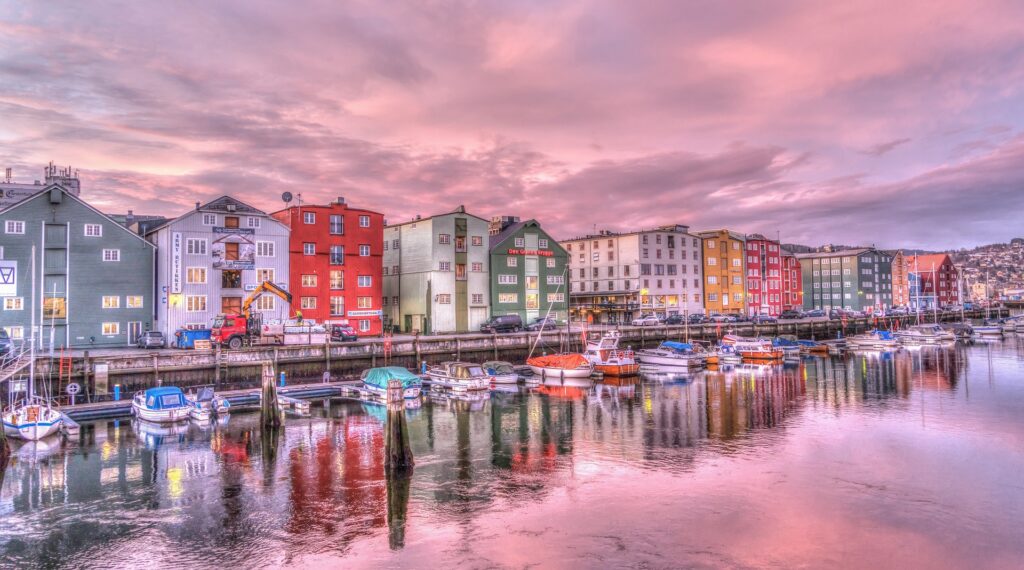
Living in Norway as a foreigner
Country of Diversity
During your first few days or weeks, you will get to see that Norway is home to all races. It is home to millions of immigrants too, so you will expect to meet people from all over the world like people from the United States, Poland, Lithuania, Iran, Pakistan, Thailand, Philippines, Germany, African countries, and many more.
A big chunk of Norway’s population are immigrants, so you can just imagine how small the population of Norwegians is.
The landscape is breathtaking
The landscape is breathtaking, and it’s no wonder that Norway is a popular tourist destination. The country offers gorgeous fjords filled with waterfalls, green forests, and mountains that reach for the sky.
If you’re planning on visiting Norway or moving to Norway, be sure to keep in mind how expensive traveling is. There are also many ways to get around in Norway; most people rent cars or take buses between cities but if you’re short on time or have trouble driving yourself then using public transport would be ideal.
The best way to get to know the place is to commute, public transport allows you to look around and familiarize yourself with the area.
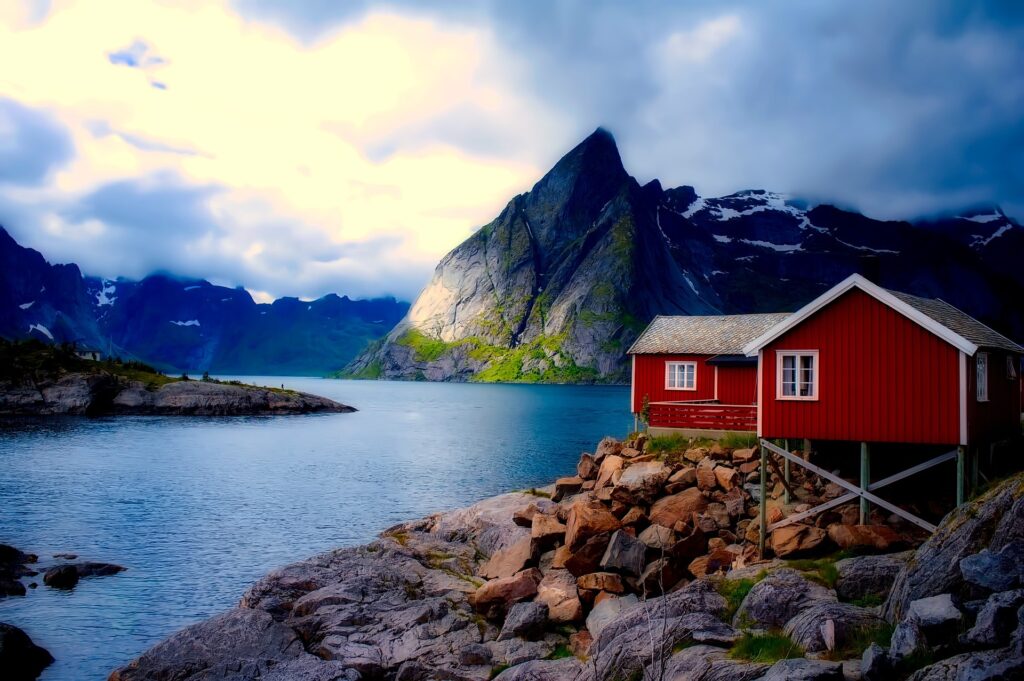
Accommodations can be expensive, especially in urban areas
Rental prices in Norway are high especially in urban areas. Renting an apartment or a bed space is a better option. Bare in mind that renting an apartment outside the city is cheaper than in metropolitan areas so this is something you want to consider.
Although rural areas are hot spots for jobs, it doesn’t hurt to commute if you can save up from expensive accommodations, besides, public transports are everywhere so it is easy to go around.
It’s small, so you get to know it quickly
The country is small, and it’s easy to get around. You will learn the names of all the towns and cities quickly, which is good because there aren’t that many of them! If you are from a big city with lots of busy streets, you will miss this in Norway. However, if you prefer a smaller community then it could be perfect for you.
Its capital Oslo is easy to navigate as compared to other big cities around Europe. So if you are coming from a big city and moving to Oslo, you can easily adapt to this small beautiful urban.
There are fjords everywhere, and they’re as gorgeous as you’ve imagined in pictures
There are fjords everywhere, and they’re as gorgeous as you’ve imagined in pictures.
There are many fjord-heavy regions of Norway—the most famous probably being Geirangerfjorden on the west coast of Norway.
Living in Norway is like living with the nature. They are rich in green mountains, towering trees in the forest and breathtaking fjords. There are boats and cruises to take you around and see the fjords.
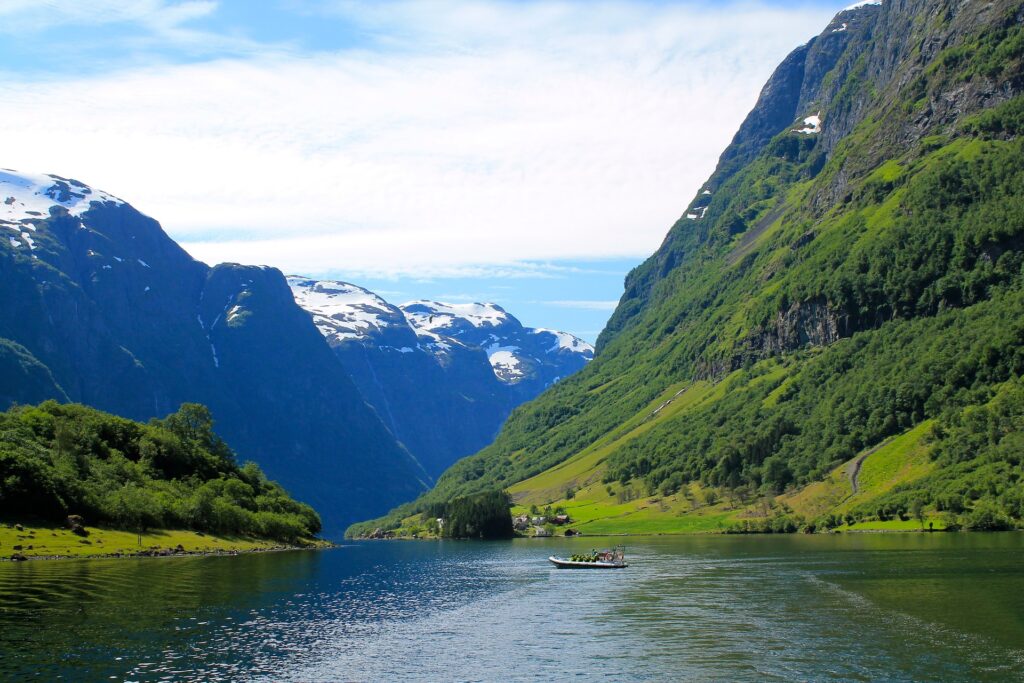
Your fellow expats will be your closest friends
Your fellow expats will be your closest friends.
The expat community in Norway vary from small to large groups, but it’s also welcoming and supportive. Over time you’ll find that you have a great people to turn to for support and advice—and they may ultimately become some of your most important relationships.
The tight-knit nature of the expat community means that it can also be very useful as a source of information on everything from healthcare options to getting around town or figuring out things as you begin to settle.
You need to learn Norwegian
You are expected to learn and speak their language. Of course, if you are planning to relocate to Norway, then that is already a given factor that you need to learn their language.
While it is true that the Norwegian language is difficult to master, you can get by with English in most situations. Many people speak English, so don’t worry, you can speak English while learning the Norwegian language.
Now, your question might be, is it expensive to go to school and learn the language? Yes, it is! It is expensive to learn the language, and you need to pay for it, but depending on every circumstances, what visa you are holding, etc, then the government is offering free Norwegian language to those who have the right to access the free language.
So it is best to know what you are entitled to according to your situation.
And oh, by the way, make use of the library! Borrow books and do self-study as well.
In general, though living overseas can be challenging for anyone at first (especially if it’s your first time leaving home), there are many challenges associated with living in any foreign country; whether or not someone speaks another language you will learn to get along.
Norwegian Food
We all have different cuisines, so with Norwegians. Expect a lot of brown or wheat bread during breakfast and lunch. Norwegian food is abundantly healthy as compared to other diets from around the world. Norway is the home of the so-called brown cheese or goat cheese. It is not my typical cheese but I sure love it!
You will find a lot of fresh seafoods too. Moose and reindeer meat are a delicacy in Norway.
If you are an expat, worry not about finding a restaurant serving your cuisine because restaurants with international cuisines have been sprouting especially the urban areas.

4 Seasons: Winter can be very cold — which can be a big adjustment!
The seasons in Norway are very different from those in Asia or Australia, so you should expect some weather shock during your first days here. Each season brings its own set of challenges and benefits.
-
- Winter: If you’re coming from somewhere where winters are mild, then winter in Norway can be a shock! Winter can be a dry icy slippery one or a thick snowy one! And temperatures can get down from 10-20 degrees Celsius (inland temperature)to -30°C to -40°C (-22°F) in other parts of Norway. The days are short and dark with only 4-5 hours of daylight per day, even shorter if you’re up north, but there is ample opportunity for outdoor activities like skiing or snowshoeing.
-
- Northern Light is a big highlight of the winter. Imagine that beautiful aurora borealis hovering above you is like a poetic scene in a movie.
-
- Spring/Summer: After an extremely long winter comes to spring/summer, which is quite pleasant with temperatures ranging between 7-18°C (44-64 F). Of course, there will still be rain showers now and then since we live near the ocean (and Norway has lots of fjords), but overall it’s much colder than other neighboring countries. But you will get to enjoy picnics and swimming during the summertime. Summertime is hot and people love sunbathing!
-
- Autumn: This season offers a wide range of temperatures. It varies from time to time and temperature can be between 0°C-10°C. Nevertheless, autumn brings a picturesque landscape as the vibrant colors of the trees and bushes begin to fall on the ground.
Taxes + welfare contributions
While it is possible to earn a lot of money as a foreigner in Norway, you will have to pay taxes and welfare contributions. Your income will be taxed at the same rate as Norwegian citizens.
After paying the tax, you’ll also be required to contribute to Norway’s welfare system.
Living abroad is both thrilling and challenging but worth it!
There is no doubt that relocating abroad is challenging. You will learn to grow and adapt to a new environment, meet new people, and work with different cultures and backgrounds.
You will make new friends and have an unforgettable experience that you can share with your loved ones back home.
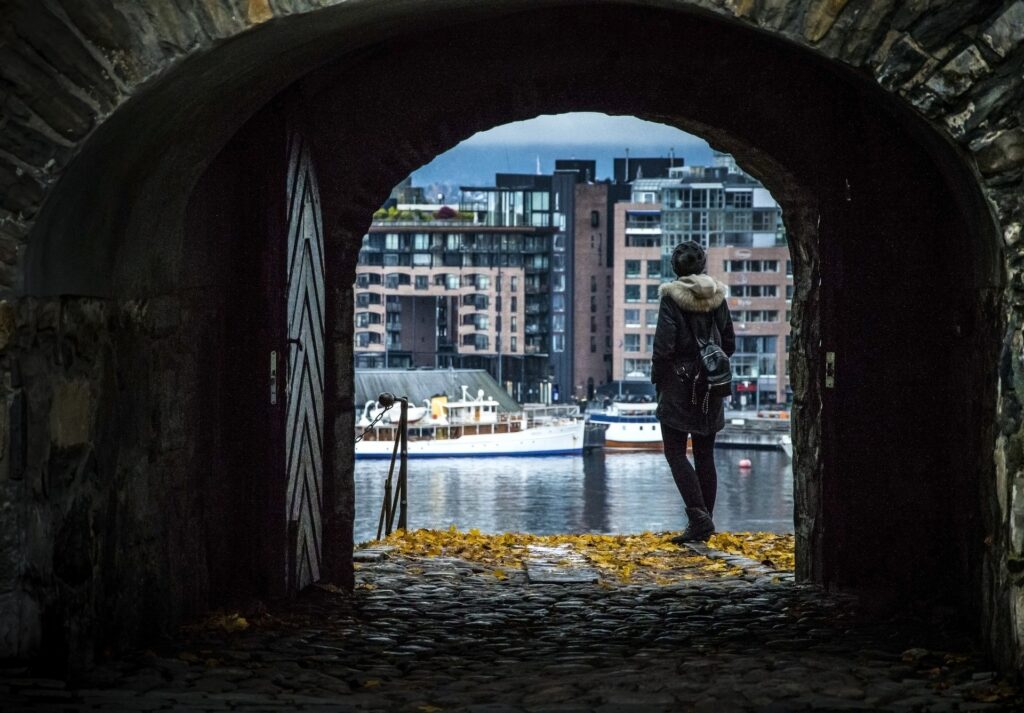
Conclusion
Living overseas is a popular trend in the modern world. Many people move to other countries for work, study, or any other purposes. Living in Norway as a foreigner offers a lot of challenges ranging from language, food, weather, and society. But living in Norway is a great experience. You get to enjoy the beauty of the country and have access to free healthcare, free education, and a high standard of living.
So if you ask me what is it like to live in Norway as a foreigner? Living abroad has opened my eyes in so many ways. I speak their language, I embraced their culture and I am a better person in every aspect as I am before. I would say that I blend into Norwegian society already. I am happy to be living in this peaceful country, different seasons as compared to the tropical weather we have back home but it is something I have adjusted.
Are you thinking of living abroad? Tell me in the comment section below where you are planning to go. Or you can share your experiences below on what is it like to live abroad.

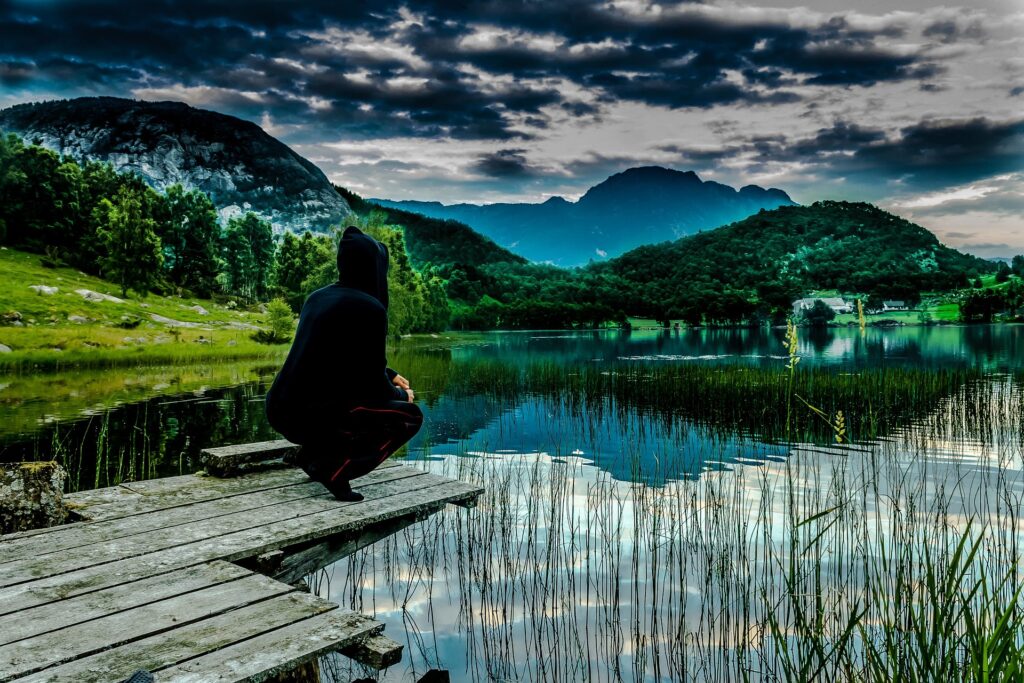
Pingback: Things to do in Oslo - iamlivingabroad.com